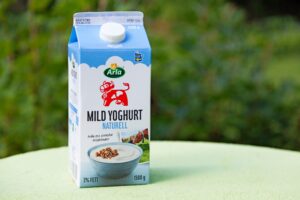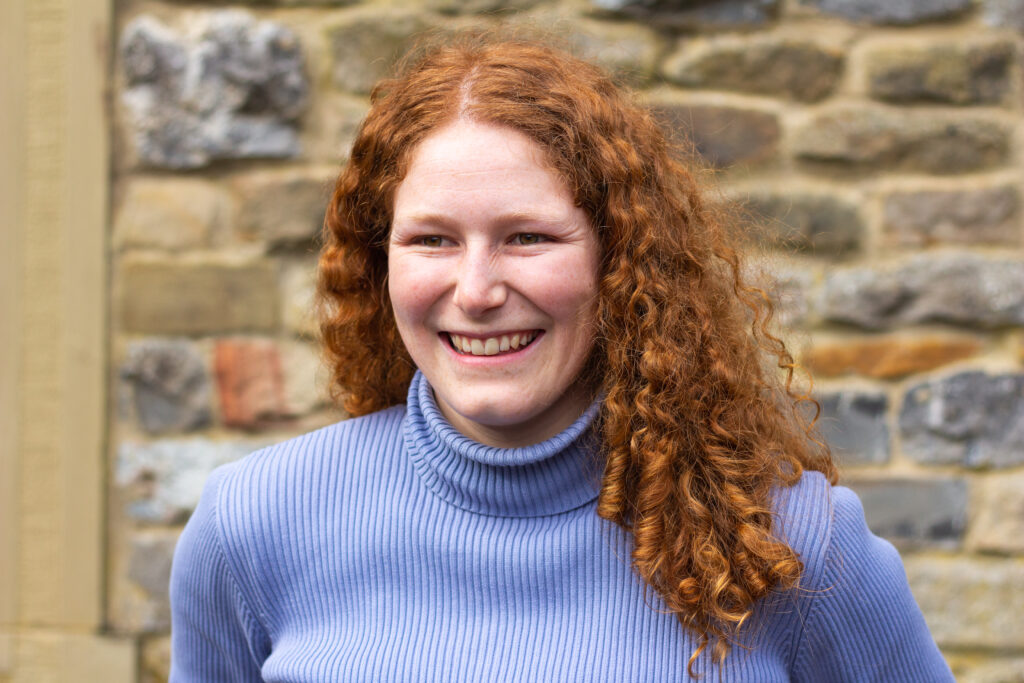OPINION: As global food systems evolve to meet rising demand, packaging plays a critical role. Aseptic cartons keep perishable food, such as milk, juice and plant-based beverages safe during transport and storage for up to a year, without the need for preservatives or energy-intensive refrigeration. The extended shelf life reduces food waste and supports access to safe, nutritious food – particularly in regions where cold chain infrastructure is limited.

Tetra Pak cartons are also made primarily from paperboard sourced from FSC certified forests and other controlled sources, which is renewable as it replenishes over time. This high share of renewable materials has been shown in Life Cycle Assessments to mean that aseptic cartons have a lower climate-impact versus single-use packaging made primarily from fossil fuel-based materials in the dairy and juice categories.
This means cartons are a vital part of transforming our food systems. But we are facing the reality that these systems still use substantial resources, and it is our responsibility as industry-leaders to support the transition to a circular economy. We are working continuously, alongside the recycling value chain and governments across the globe, to make this happen.
Recyclability by design
Our cartons are designed to industry-standard recycling guidelines, optimised for recyclability when they complete their journey. To support this, we invest €100 million annually to further enhance the environmental profile of our carton packages, including simplifying material structures and increasing fibre content with circularity in mind. One example of this is the paper-based barrier. Cartons can be recycled where collection, sorting and recycling infrastructure exists at scale. But the picture is very fragmented across the globe, and more needs to be done through collective action, transformational innovation and bold investments before we reach a circular economy.

Some countries are leading the way. Belgium, where 70% of beverage cartons are collected for recycling, offers a strong example of what’s possible through coordinated national systems and public engagement. Elsewhere, the picture is not as positive. Innovation in recycling infrastructure is a critical component to changing this, so we are investing more than €40 million per year to develop the collection and recycling value chain through collaborations and new technologies. A recent success is the new recycling plant in the Netherlands, a collaboration between Tetra Pak and Yellow Dreams, which has the potential to process the entire volume of polyAl from beverage cartons recycled across the Netherlands and Belgium, as well as some volumes from Germany.
The private sector must also work with consumers to boost recycling levels, prompting individuals to engage with how and why to recycle. Podback – a collaboration between many large coffee manufacturers – is a great example of this, offering customers prepaid recycling bags for used aluminium coffee pods. By making the process easier for consumers, the initiative strengthens the participating brands’ license to operate.
Ensuring the commercial value of recycled materials
Next, we must ensure that the materials resulting from recycling processes holds commercial value. For the fibre portion of our cartons, this is already well established, with paper fibres commonly repurposed into products such as cardboard boxes, paper bags, tablecloths, napkins and toilet paper. However, to make circularity work at scale, we need to go further.

The remaining portion of the carton, known as polyAl (a combination of polymers and aluminium), can already be turned into plastic pellets and used to manufacture durable goods, such as floor panels and outdoor furniture. The challenge lies in scaling this process in a commercially viable way.
We have made significant progress in this area. For example, we recently launched a new transport crate with Schoeller Allibert made from up to 50% polyAl from used beverage cartons, with the rest made up of raw materials from other recycled streams. The crates are undergoing rigorous quality and durability tests and, once validated, will gradually replace over 50,000 crates at our global spare parts distribution centre in Sweden.
Another area with significant potential is cargo pallets, which are used extensively across supply chains. The Noè pallet, developed in Italy through a collaboration between Tetra Pak, CPR System and Lucart, is made entirely from recycled polyAl. These pallets are themselves recyclable, offering a closed-loop solution.
Technology to scale circular solutions
Technology also has an important role to play in scaling circular solutions. Connected packaging can improve transparency and accessibility by helping consumers understand how and where to recycle. Further down the recycling chain, Aldi is using artificial intelligence to track and verify the recycling of flexible plastics. Not only does this build public trust that such material is being recycled; it provides the wider industry with information about what is possible using this feedstock.
The failure to reach an agreement at last year’s global treaty negotiations on plastic pollution in Busan highlighted just how challenging it is to achieve consensus on circularity. The ongoing negotiations indicate a mutual wish to make progress. We must persist. In the end, our greatest challenge is also our greatest opportunity: expanding access to safe, nutritious food while keeping valuable materials in use, creating greater value for society and the planet.






Subscribe for free